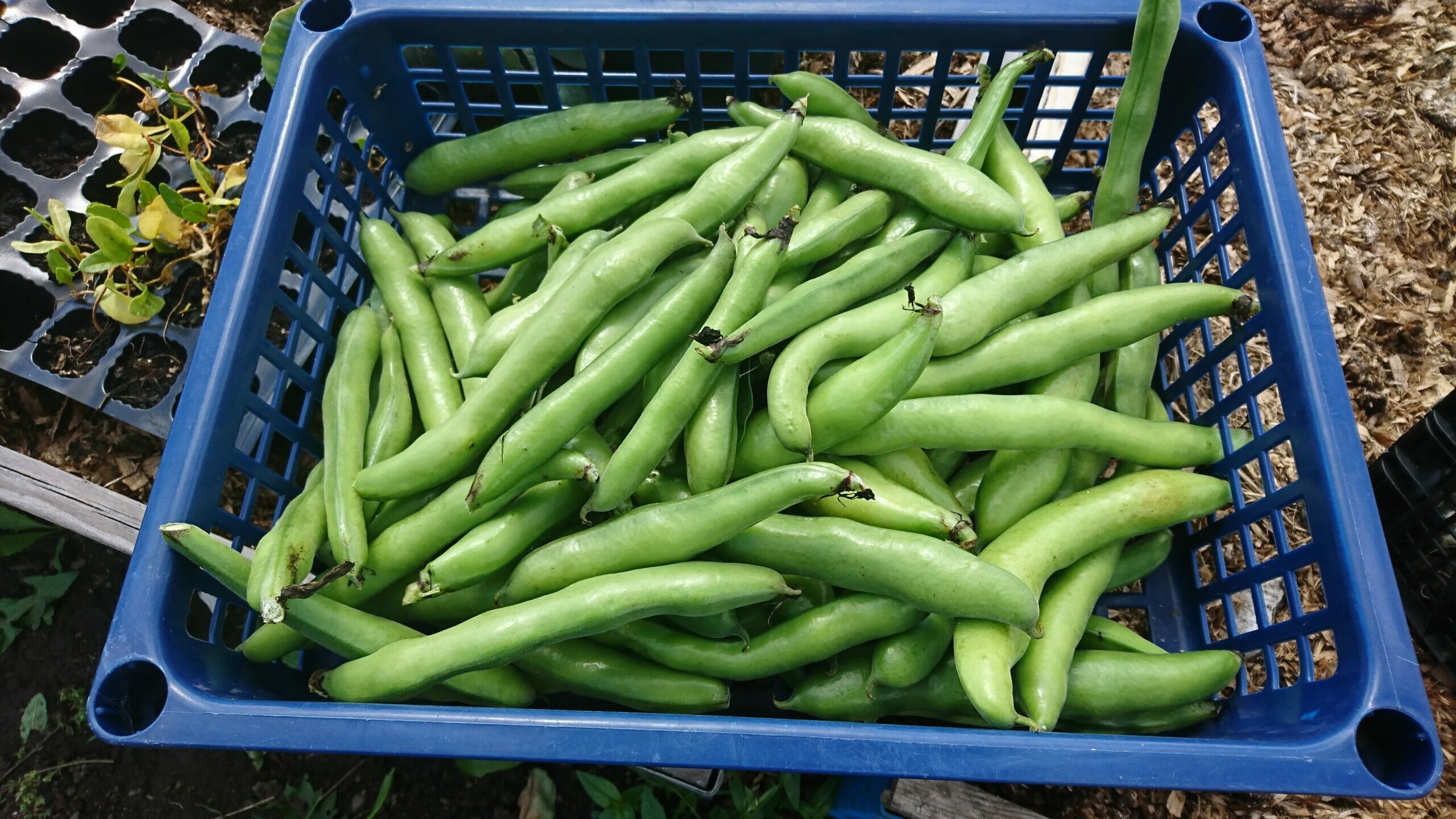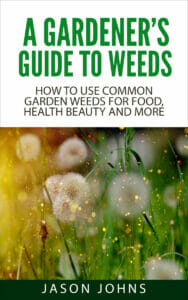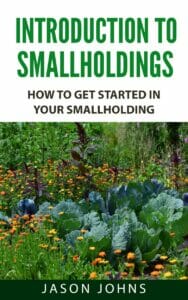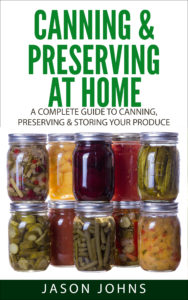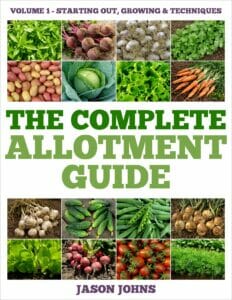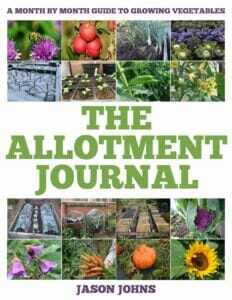We all grow broad beans, or fava beans as our American cousins refer to them as. They are a popular crop across the world and many gardeners, myself included, grow them because they are a good space filler, can be planted in autumn to crop the following year and are a relatively low maintenance crop.
After feeding them to my long suffering family, I did some research into them and was surprised to discover that these beans are a fantastic health food. As such, they have now become a staple part of our diet, partly due to the health benefits and partly due to the fact I have a freezer draw full after harvesting the pods from my plants.
Just as a note when harvesting broad beans. Do not leave them to grow too large. If you can pick them when they are quite small, they have a much sweeter taste and as they grow larger, they can become a bit tougher. They can be removed from the pods and eaten, removed from the pods, shelled and eaten or the whole pods can be eaten (try frying young pods in garlic butter). I was surprised to find out that some cultures eat the whole pods and when I tried it myself thought it was very tasty.
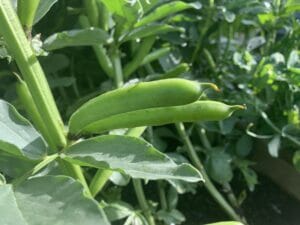
Please also note that this article in no way constitutes medical advice, but shares with you the information I have discovered in my research, backed up where I can with details of the appropriate medical research.
Packed With Nutrients
Broad beans aren’t particularly big, but they pack a bunch as they are full of protein, folate and other vitamins and minerals. On top of this, they are high in soluble fibre that is good to lower bad cholesterol levels and help with digestion.
170g or 1 cup of broad beans, on average, contain the following nutrients:
- 187 Calories
- 33g carbohydrates
- Under 1g of fat
- 13g protein
- 9g fibre
- 40% of your recommended daily value of folate
- 36% of your recommended daily value of manganese
- 22% of your recommended daily value of copper
- 21% of your recommended daily value of phosphorous
- 18% of your recommended daily value of magnesium
- 14% of your recommended daily value of iron
- 13% of your recommended daily value of potassium
- 11T of your recommended daily value of zinc and thiamine (vitamin B1)
Plus, broad beans contain smaller amounts of other vitamins including selenium, calcium and B vitamins.
As you can see, these little beans are an excellent source of nutrients.
Thought To Help With Parkinson’s Disease Symptms
Broad beans are also high in something called levodopa or L-dopa. Your body converts this compound into a neurotransmitter called dopamine.
When someone has Parkinson’s disease, it kills the dopamine producing brain cells, which causes tremors and motor function problems. This is often treated with medication that contains L-dopa (more info here – https://www.ncbi.nlm.nih.gov/books/NBK6271/).
Currently, research is limited, but it is now thought that because of their L-dopa content, broad beans can help alleviate some of the symptoms of Parkinson’s disease.
A study of 11 Parkinson’s disease sufferers (https://pubmed.ncbi.nlm.nih.gov/8420210/), found that eating 250g/1.5 cups of broad beans after 12 hours with no medication had a similar effect on blood dopamine levels and motor function as the drugs containing L-dopa. Another study that showed similar results can be read here https://www.ncbi.nlm.nih.gov/pubmed/10634260.
The initial results are promising and, like many other things, more research is required. However, although broad beans are high in L-dopa, they should not be used in place of medical advice and medication.
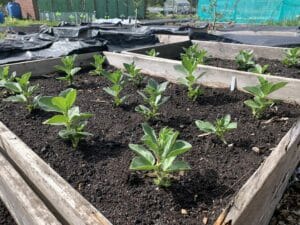
Promotes Healthy Fetal Development
Broad beans are high in folate that helps a baby develop in the womb. It is vital to create cells and organs and often pregnant women are give folate supplements to reduce of the risk of neural tube defects of other brain/spinal cord developmental issues (https://pubmed.ncbi.nlm.nih.gov/20348114/)
According to official estimates, over 260,000 children were born in 2015 across the world that had neural tube defects and many of these could have been prevented with folate supplements (https://pubmed.ncbi.nlm.nih.gov/29363759/).
In a study of over 23,000 women, the incidences of brain and spinal cord issues was 77% when the mother had been taking adequate levels of dietary folate. This was compared to the children of women who had the lowest intake (https://www.ncbi.nlm.nih.gov/pubmed/12606886).
As 170g or one cup of broad beans contains 40% of the recommended daily value of folate, they are an excellent addition to the diet of any pregnant woman.
Boosts The Immune System
Broad beans are very rich in compounds that improve the activity of anti-oxidants in your body. Anti-oxidants are vital to your immune system because they fight free fadicals that cause cell damage (see https://pubmed.ncbi.nlm.nih.gov/21506934/ for information).
A test tube study discovered that treating human lung cells with broad bean extract increased the activity of anti-oxidants by as much as 62.5% (https://www.ncbi.nlm.nih.gov/pmc/articles/PMC2723485/). Broad beans also contain compounds that boost the anti-oxidant glutathione which delays cellular aging (https://pubmed.ncbi.nlm.nih.gov/10868346/).
As always, initial research is promising, but they do appear to help boost your immune system so are worth adding to your diet a few times a week to get this benefit.
Improves Bone Health
Two nutrients broad beans are high in, copper and manganese, help to prevent bone loss (https://pubmed.ncbi.nlm.nih.gov/17092827/).
Although scientists do not fully understand how they improve bone health, early studies show that deficiencies in both copper and manganese lead to an increase in calcium excretion and a decrease in bone formation (https://pubmed.ncbi.nlm.nih.gov/3944652/). While these studies were performed on rats, human based studies have indicated that the same is true.
In a one year study on post-menopausal women suffering from weak bones, a manganese/copper supplement also containing calcium, vitamin D and other nutrients improved their bone mass (https://pubmed.ncbi.nlm.nih.gov/15658548/). Additional research shows that combining these two elements with zinc and calcium also helps to prevent bone loss.
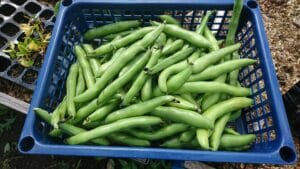
Boosts Iron Levels
A lot of people suffer from low iron levels and, in particularly, vegetarians and vegans can suffer from low iron levels. Broad beans have a high level of iron and so can help boost iron levels and potentially treaet anemia.
Your body uses iron to create hemoglobin that allows your red blood cells to carry oxygen around your body. The iron in broad beans is in a form that your body can better absorb when combined with vitamin C, which is found in citrus fruits and bell peppers (https://pubmed.ncbi.nlm.nih.gov/2507689/).
Note that anyone with the genetic disorder glucose-6-phosphate dehydrogenase deficiency should avoid broad beans as they could cause hemolytic anemia (https://medlineplus.gov/genetics/condition/glucose-6-phosphate-dehydrogenase-deficiency/).
However, for anyone else, broad beans are a good source of iron and can help improve anemia symptoms. As another side note, eating stinging nettles or drinking stinging nettle tea is an excellent way of boosting your iron levels as these ‘weeds’ are incredibly high in iron.
Improves Heart Health
The nutrients in broad beans contribute to a health heart. Magnesium and potassium relax blood vessels and help to prevent high blood pressure (https://www.ncbi.nlm.nih.gov/pubmed/18607145).
Several studies show that a high potassium/magnesium diet can help to reduce high blood pressure (https://pubmed.ncbi.nlm.nih.gov/11747380/). In a 10 year study of 28,349 women, those with the highest dietary intake of magnesium were much less likely to develop high blood pressure than those that had diets low in magnesium (https://www.ncbi.nlm.nih.gov/pubmed/17145221).
Aids Weight Loss
Being high in protein and fibre while relatively low in calories, broad beans can help you feel full, which means you do not want to eat as much (https://pubmed.ncbi.nlm.nih.gov/11396693/).
A four year study of 522 people discovered that people who ate a high fibre diet with more than 15 grams of fibre for each 1,000 calories lost five pounds more than people who consumed less fibre (https://www.ncbi.nlm.nih.gov/pubmed/16541277).
If you are getting rid of weight, eating high protein and high fibre foods can help you feel fuller so you eat less and reach your weight goal.
Reduces Bad Cholesterol
The fibre in broad beans is soluble that helps healthy bowel movements as it absorbs water in your gut (https://www.ncbi.nlm.nih.gov/pmc/articles/PMC3399949/). It also binds to bad cholsterol and removes it from your body. Studies have been performed that confirm that soluble fibre reduces the blood cholesterol levels (https://pubmed.ncbi.nlm.nih.gov/10648260/).
In a three month study of 53 health adults, those that consumed two more grams of soluble fibre every day had a 12.8% decrease in LDL (bad) cholesterol while those that did not eat more soluble fibre had no change to this cholesterol level (https://www.ncbi.nlm.nih.gov/pubmed/15163472).
A review of ten studies focussed on the effect of legumes high in fibre and discovered that they reduced bad cholesterol levels (https://www.ncbi.nlm.nih.gov/pubmed/19939654).
Whether you have high cholesterol or not, broad beans can help control your cholesterol levels. Note that if you are controlling your cholesterol with your diet, it takes much longer to see a result than if you are using drugs so be patient, but it will go down.
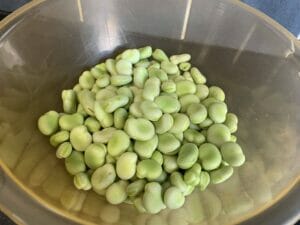
Summary
All in all, broad beans have a lot of benefits to eat and are a great crop to grow.
One way to eat them is to remove them from the pods, then boil the beans for 30 seconds before plunging them into a bowl if iced water. This softens the waxy coating so you can peel it off. If your broad beans have grown quite large, this helps make them more palatable. Alternatively, if the beans are smaller, then cook them with the waxy coating on and eat them as they are still soft.
As these beans are high in nutrients, they are a definite must to grow and add to your diet. Plant a hardy variety in the autumn to overwinter for an early harvest the following year or succession plant in the spring. Pay attention to the correct spacing and pinch the tops off when they have reached a suitable size to prevent blackfly from taking up residence.
